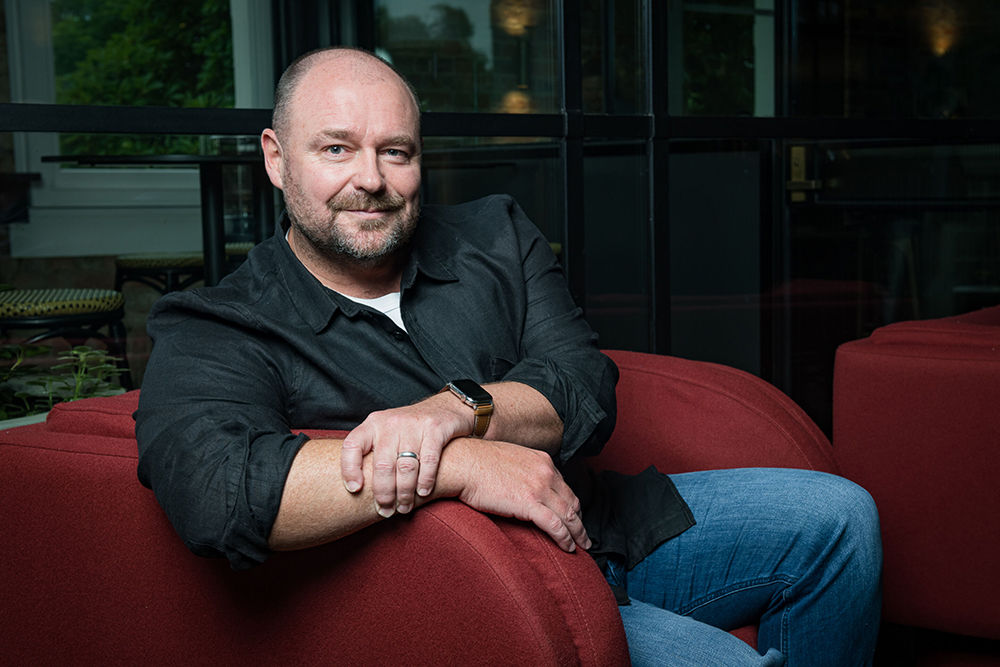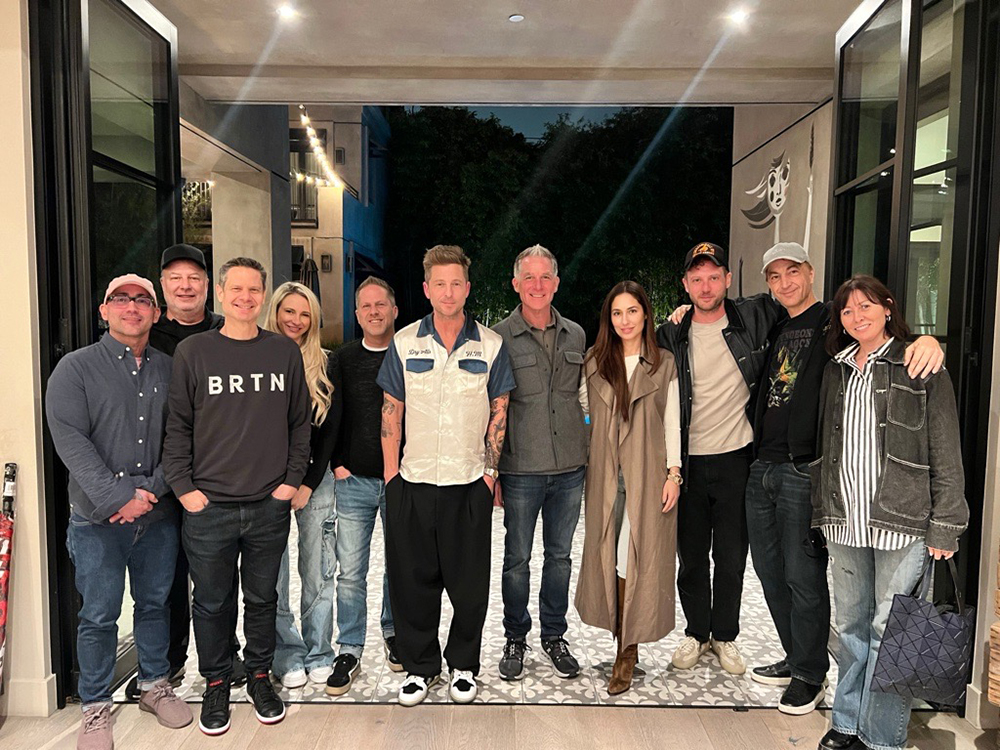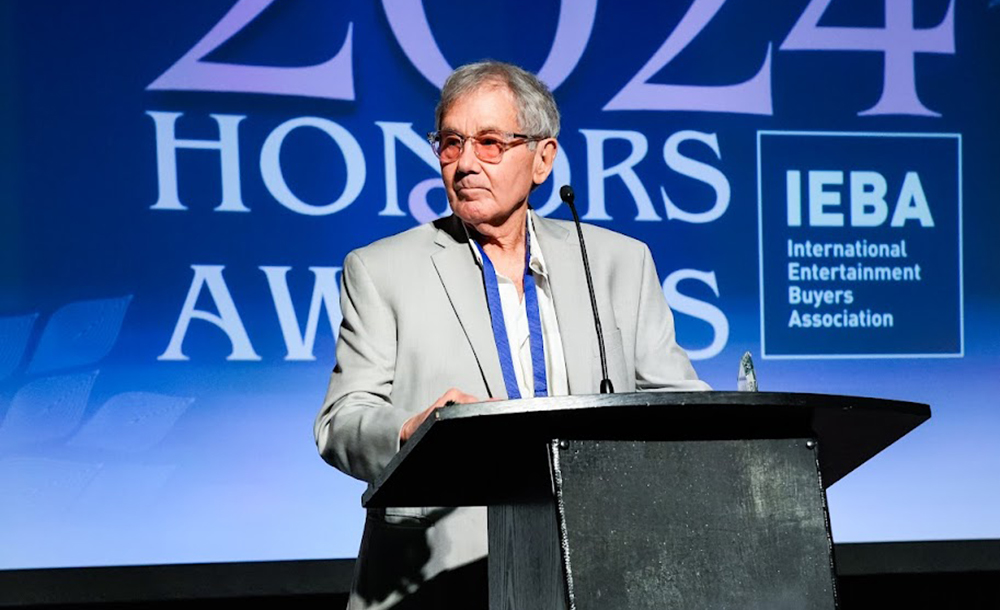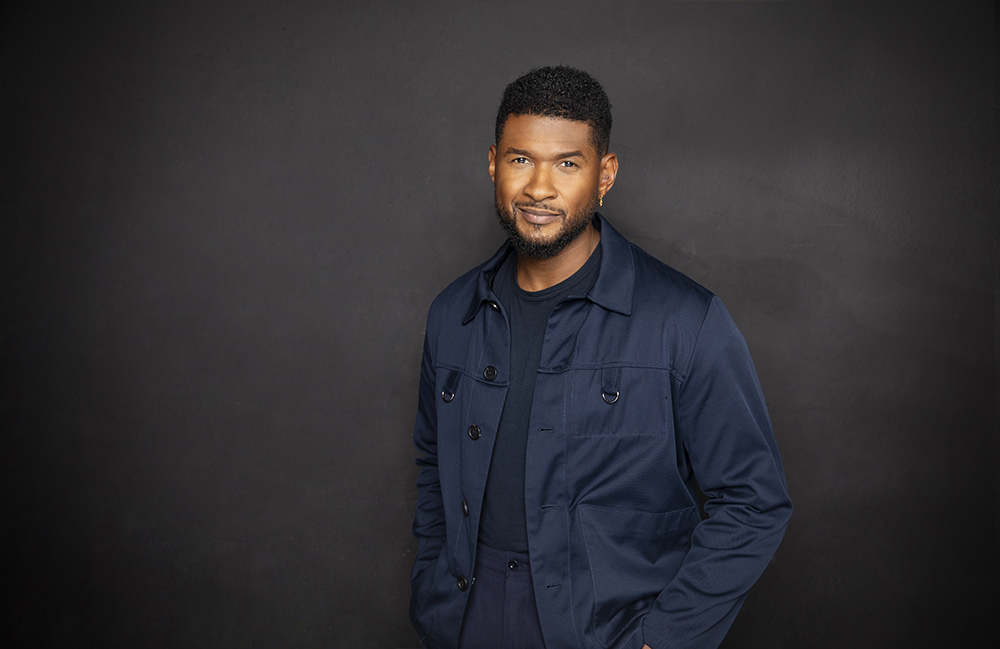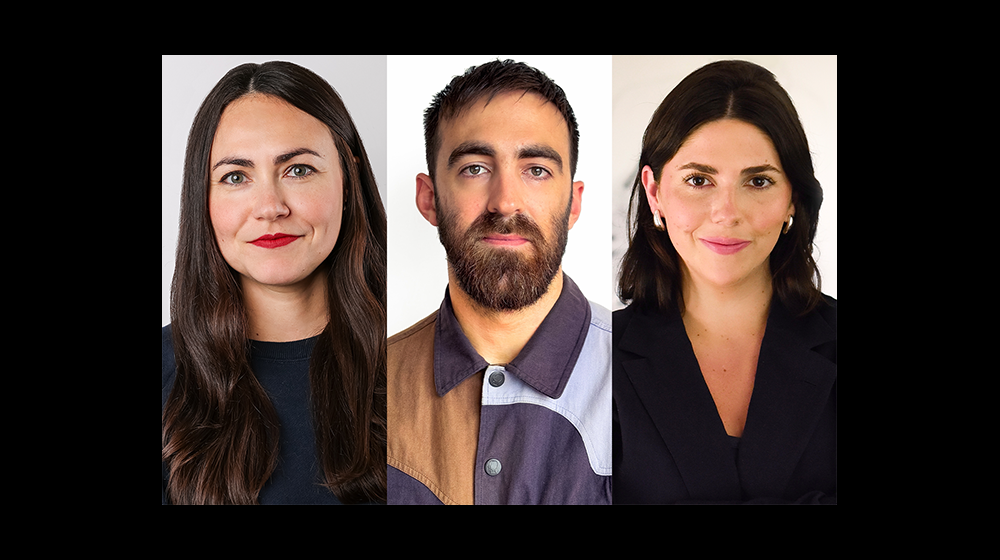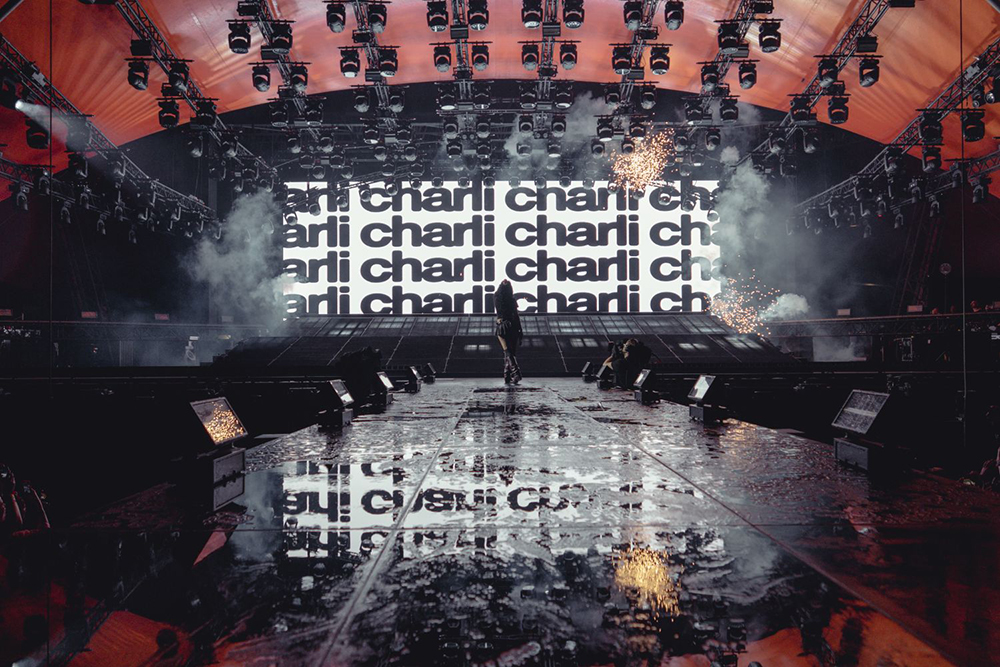
BOSON, MA (Hypebot) – In part two of my interview with Ali Partovi, CEO of iLike, we talk about today's music, filtering, and dependence on delivery mechanisms.
Q: Do you think that today’s new music has less “staying power” than the hits of the “golden era?”
Ali Partovi: I think the problem with the new generation of up-and-coming music is that the labels are becoming short-sighted and gravitating towards one-hit-wonders with formulaic appeal rather than trying to develop a new artist over a period of years. This is understandable if you’re hoping to recoup your investment on record sales alone.
But it leaves an opportunity for somebody who is willing to invest in talent with a longer-term view to fill the traditional role of record labels in nurturing, investing, and developing artists – presumably to recoup that investment not just on record sales but also touring, merch, publishing, etc. I think we’re going to see new entities emerge – whether you call them labels, promoters, managers, or something new – who see this opportunity and invest in it. Until then, today’s new hits will have trouble rivaling the longevity of the U2s and Rolling Stones of the world.
Amazon.com allows us to create a music-store-within-a-music-store, because based upon our previous browsing and buying history, it can consistently make new suggestions about things that we might like. As Swarthmore Professor Barry Schwartz puts it, “If you value Amazon’s suggestions, then you are in effect using it to be your filter—your professional shopper.”
Essentially, iLike is a professional playlist machine and Pandora is everyone’s favorite virtual DJ.
Schwartz further forewarns that, “The prominence of filtering driven by extraordinary amounts of choice tells us something important. Our cultural experiences will only be as diverse as the filters we use to help us select them. With all that is available to us, unmediated browsing is impossible. We are more reliant on filters now than we ever were before.”
Q: Does overreliance on filtering become a problem and could it leave future music fans struggling to find a shared cultural experience?
Ali Partovi: There will always be a massive shared cultural experience. Human nature demands it. That’s why at iLike our emphasis is on social discovery. The filter we provide is not just based on your tastes, but based on your friends. When a friend sends you something, you’re more likely to listen to it, and if it’s great, you’ll pass it on. With iLike, you can share music more easily, and our filters help you decide which friends to share it with. This enables people to have a shared cultural experience from the narrowest interest group (just a small group of friends enjoying a niche artist), to a global scale (a hit song spreading rapidly across millions of friends).
Through marketing campaigns that encompassed radio, television, print, and big box retailers, commercial music reached its intended audience of the masses. These mediums, when used together, formed an abstract system that record labels used influence people and regulate the flow of culture into their lives. This in turn, has caused previous generations to develop a strong relationship with specific delivery mechanisms and rely on them for new music.
What we’re finding out is that up-and-coming generations haven’t formed these relationships and don’t necessary discover music in the same ways or through the same mediums that record labels use to promote it. The Internet when coupled with the complexity of human behavior creates an environment that is far more subtle and sophisticated than anything we could’ve ever imagined.
Q: What challenges arise when up-and-coming generations don’t seem to depend on any specific delivery mechanism and how do you feel this can be dealt with?
Ali Partovi: I think there’s still an important role for labels and broadcast media, but they need to morph to find and fulfill that role. Labels and broadcast media are less likely to serve as the “filter,” but rather as the “amplifier.” The internet is where the newest, hottest content will spread first, and will then be picked up for broader appeal. This is the trend with Youtube videos or Twitter news that break on the internet first, and then re-broadcast on TV. The same is already happening in music, and over time it will become the norm rather than the exception. – Kyle Bylin, Associate Editor, Hypebot



























